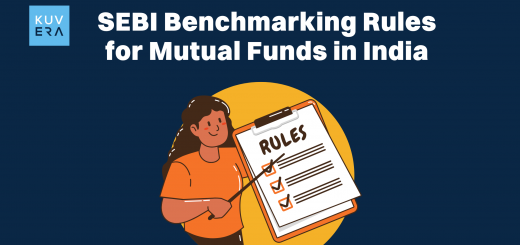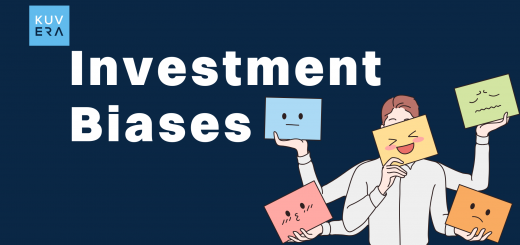
“What is liberation for the woman of today?” That was the question my 21 year old class mate in college asked me, a year before she got married.
In a time where long standing laws can be impacted through Twitter feeds and Facebook Statuses, how difficult is it to affect actual change? The internet, along with its many boons and banes has given a platform for women to raise their voice and force the change makers to hear it. With such leverage its only a matter of a few years before the deeply ingrained gender inequality is eradicated from our social constitution. But will the fight for women’s rights lead to complete independence? How empowered are we without complete Independence?
I guess what I’m trying to say here is, the fight for Women’s Independence doesn’t end at inequality. Yes, we’ve come a long way from not being able to vote or even take up senior managerial positions. But despite the progress we are still severely constrained by a factor that not only effects women but also entire classes of society.
Financial Independence
Financial independence is not only a source of confidence but also encourages the 21st century mentality for women’s economic participation. It gives women the credibility to take financial decisions that are otherwise the prerogative of the male figures.
Sushmita Sen, Actress, Business Woman and Social Activist says,
“Financial independence is not just about being liberated; it also brings happiness and lets me live life on my own terms.”
Being Financially Independent allows women to take decisions that pertain to their needs rather than the ones they are dependent on.
WHY
The long standing financial dependency of women on the authoritative male figures, be it husband or father, have comforted them to believing that this is as it should be. This is what I call Pseudo Independence. The reluctance that arises due to the lack of knowledge and support, to take charge of our financial well being makes us settle on leaving the “big decisions” up to others.
While this might be convenient for some, most women are subjugated to compromise where they needn’t have to. In truth, any step towards their self development is weighed down by their financial dependency and compels them to compromise. In more extreme cases, women of abusive households have detained their freedom of choice caused by the controlling behavior of the person they are dependent upon. To act from independence is one thing but from compulsion another. The difference between the two is the difference of free will and circumstantial compulsion.

HOW does it help
Financial Independence is what bridges the gap between pseudo independence and actual, complete independence.
When a women becomes dependent on herself for her financial security, she is not only more confident with the decisions she makes but also models as encouragement for other women to follow. She motivates the others to stand against the challenges of achieving financial independence.
Complete Independence translates to freedom of choice. It allows you to prioritize the allocation of finances based on your need and what is important to you. The decision to spend and save is solely up to you, thus giving you the opportunity to become a more confident, smart, financially self-reliant and mature adult.
In times of financial distress, the households’ breadwinner (most often male) may not have sufficient resources to overcome the adversity. Or, in the unfortunate scenario that the primary income earner is severely ill, the financial strain could cause an entire family’s stability to shatter. At this point, the contribution from an additional member of the household, a mother, wife, daughter could restore and safeguard the financial stability of the household. Research shows that when women earn an income they reinvest 90% of it into their families, as compared to only 30% to 40% for a man.
A Financially Independent Woman not only earns her bread but earns her respect among her male counterparts and in society. She is now the person that people depend on and illustrates the true potential of women.










